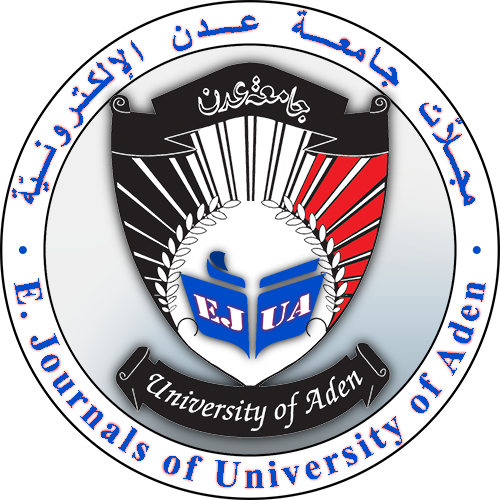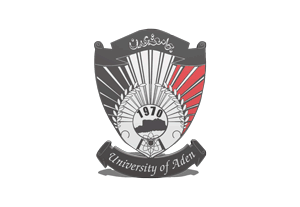DIFFICULTIES OF TRANSLATING POLYSEMOUS LEXICAL ITEMS AND THE STRATEGIES ADOPTED: A CASE STUDY OF EFL LEARNERS AT SABER FACULTY OF SCIENCE AND EDUCATION – DEPARTMENT OF ENGLISH - UNIVERSITY OF LAHIJ
DOI:
https://doi.org/10.47372/ejua-hs.2024.2.357Keywords:
Polysemy, Lexical items, Translation, Strategies, CompetenceAbstract
This study aimed to investigate the knowledge of the undergraduate students in translating three Arabic polysemous lexical items into English in different contexts. The research aimed to assess the student's proficiency in giving the meaning of polysemous words and measure their ability to select appropriate equivalents as well as the strategies adopted. The study involved thirty students from the Department of English, Saber Faculty of Science and Education. The participants carried out a translation test that contextualized three Arabic lexical polysemous lexical items (ضرب - حصر- تخفيف) within fifteen sentences. Statistical analysis of the data revealed a lack of knowledge among undergraduate students as they faced difficulties in constructing proper sentence patterns and a lack of competence in finding the exact English equivalents, resulting in challenges in selecting words that formed coherent English sentences and violating the sentence structure. Consequently, their production of correct English sentences was compromised. Furthermore, the study identified that the students relied on various language strategies, including L1 transfer, synonymy, avoidance, and paraphrasing, to facilitate their translation process. However, these strategies led to unsatisfactory English translations.
Downloads
Downloads
Published
How to Cite
Issue
Section
License
Copyright (c) 2024 Ghamdan Abdullah Saleh Qassem

This work is licensed under a Creative Commons Attribution-NonCommercial 4.0 International License.








